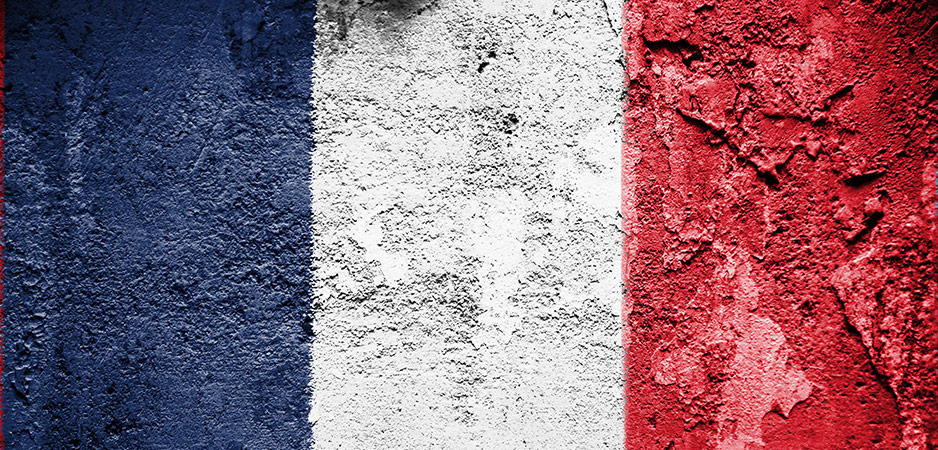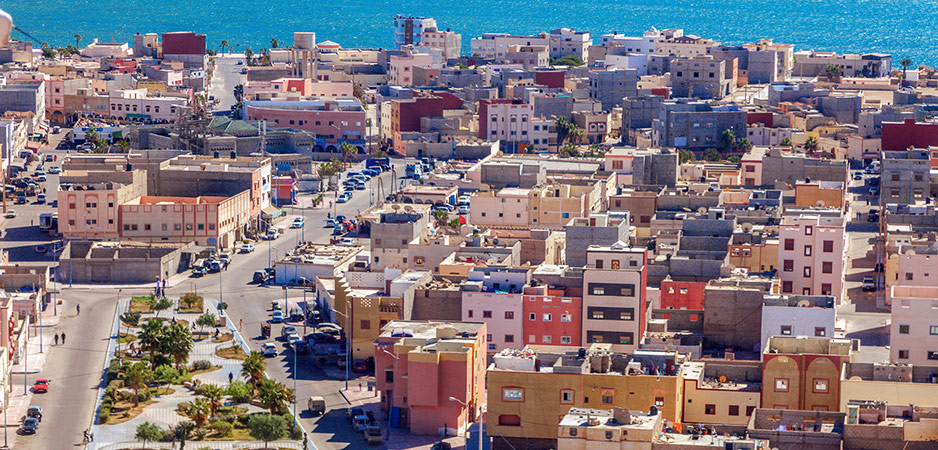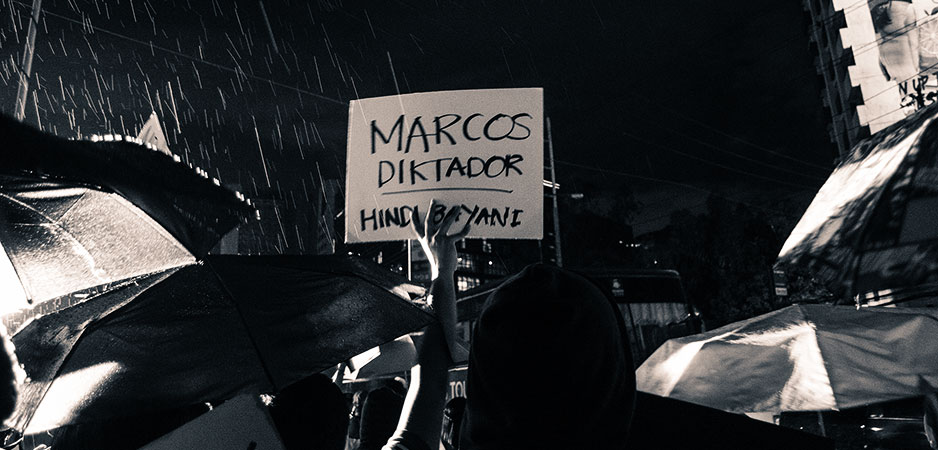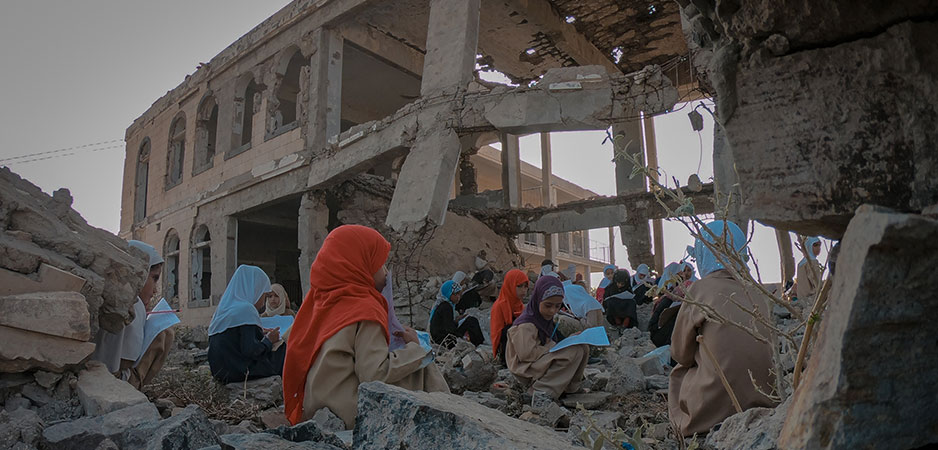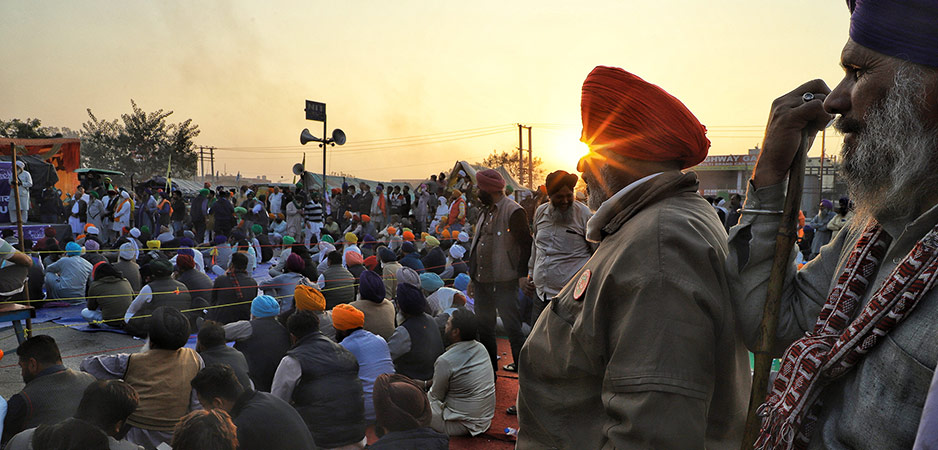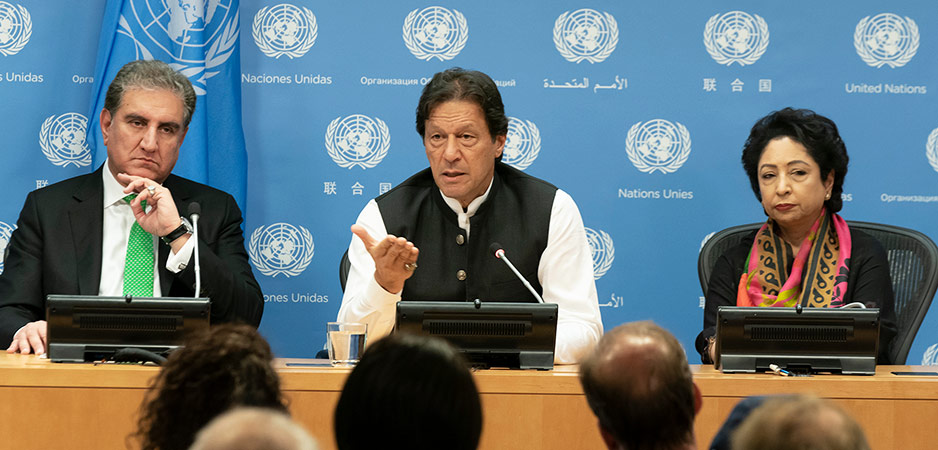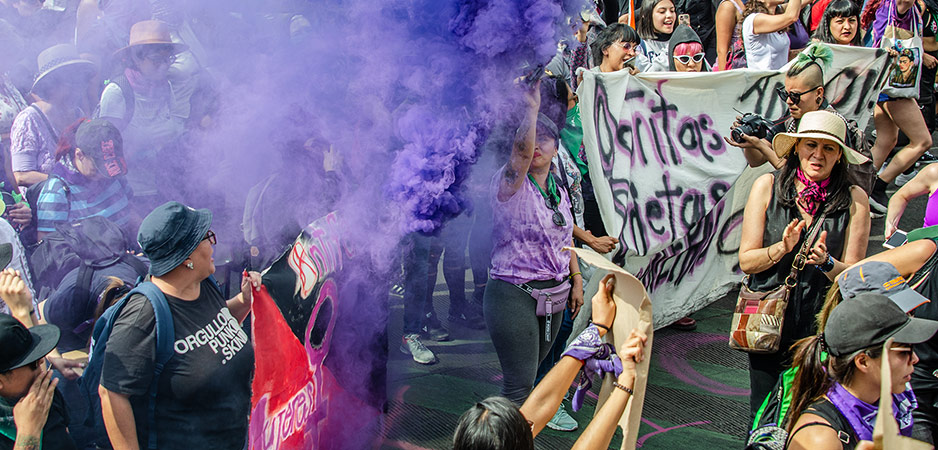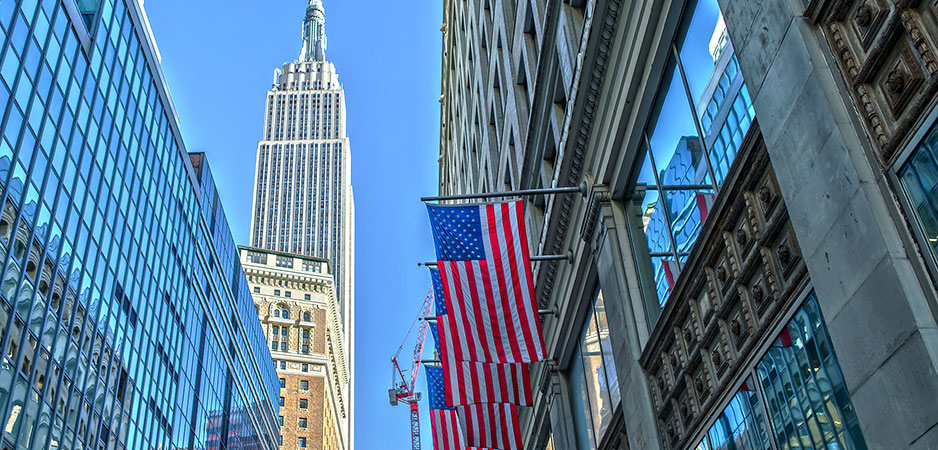Once upon a time, a rich hypochondriac was complaining about pains in his head and stomach. He consulted a wise man who pointed out that the root of the problem lay somewhere else: in the man’s eyes. To resolve the persistent headache and stomachache, the sage suggested focusing on just one color in the surrounding environment — green — and ignoring all others.
March 7 marked two years since the death of Guillaume Faye, the former number two of the French (new right). His death wasn’t big news in the media. In academic research, Faye exists mostly in the shadows of the so-called number one of the new right, Alain de Benoist.
On December 10, 2020, then-US President Donald Trump recognized Moroccan sovereignty over Western Sahara, circumventing a decades-long UN-sponsored peace process for the territory. In return, Morocco agreed to normalize relations with Israel.
In less than two years, the editor-in-chief and CEO of the independent news site Rappler, Maria Ressa, has been issued 10 arrest warrants. The latest accusations against her involve tax evasion and failure to file accurate tax returns, which she testified against on March 4, 2021, before the Court of Tax Appeals. In addition, Ressa faces numerous other charges, including illegal foreign ownership of Rappler Holdings Corporation — the Philippine Constitution restricts foreign ownership of mass media in the country, subject to congressional regulation. The charges amount to 100 years of prison time if she is found guilty. This latest flurry of persecution is a continuum of the country’s troubling history of suppressing press freedom.
An endgame, traditionally, brings both bad and good news. An endgame is always tense because those involved know things are coming to a head. We can see this in the battle theaters in Yemen over the past weeks. What we don’t see is the reality of how those battles are actually progressing and who will be the last man standing: Ansar Allah, aka Houthis, or the Hadi faction, aka Yemen’s legitimate government. Although from the experience of past battles and the progressive loss of ground President Abd-Rabbu Mansour Hadi had suffered, we can make a good guess.
The Wall Street Journal reports on the Indian government’s intention to clamp down on social platforms that have played a role in the recent farmers’ protests. According to Wall Street Journal sources, Narendra Modi’s government has threatened to jail employees of Facebook, WhatsApp and Twitter “as it seeks to quash political protests and gain far-reaching powers over discourse on foreign-owned tech platforms.”
Of late, statements from the highest level in Pakistan’s government have urged the global community to build a relationship with the country centered around “geoeconomic security.” The new policy posture is aimed at the Biden administration, but it appears in equal proportion in Pakistan’s recent diplomatic overtures to other countries.
Home is not a safe space for many women around the world and coronavirus-era quarantines and lockdowns have increased the risk of gender-based violence. In Mexico, statistics reflect this reality and women additionally face the rising risk of becoming targets amid violent drug crime and the militarization of the state security forces.
Like Gregor Samsa, the never-to-be-forgotten character in Franz Kafka’s story “The Metamorphosis,” we awoke on January 7 to discover that we, too, were “a giant insect” with “a domelike brown belly divided into stiff arched segments” and numerous “pitifully thin” legs that “waved helplessly” before our eyes. If you prefer, though, you can just say it: We opened our eyes and found that, somehow, we had become a giant roach of a country.
On March 2, the Lebanese lira (or pound) eroded even further into becoming a failed currency, if there is such a thing. From an official exchange rate of 3,900 pounds per US dollar for importers and manufacturers of essential food items, the “cost of scarce dollars hit 10,000 Lebanese pounds on Tuesday, said three currency dealers on the informal market, a main source of cash since banks stopped dispensing dollars,” Reuters reports. A note from a Lebanese on WhatsApp best sums it up: “We are dying, 10,000:1, people are crying in the streets.” Lebanese television carried stories about the pain caused by another decline in the currency’s value — about people who can no longer afford to buy food and those who are just trying to get together enough money to leave the country.


